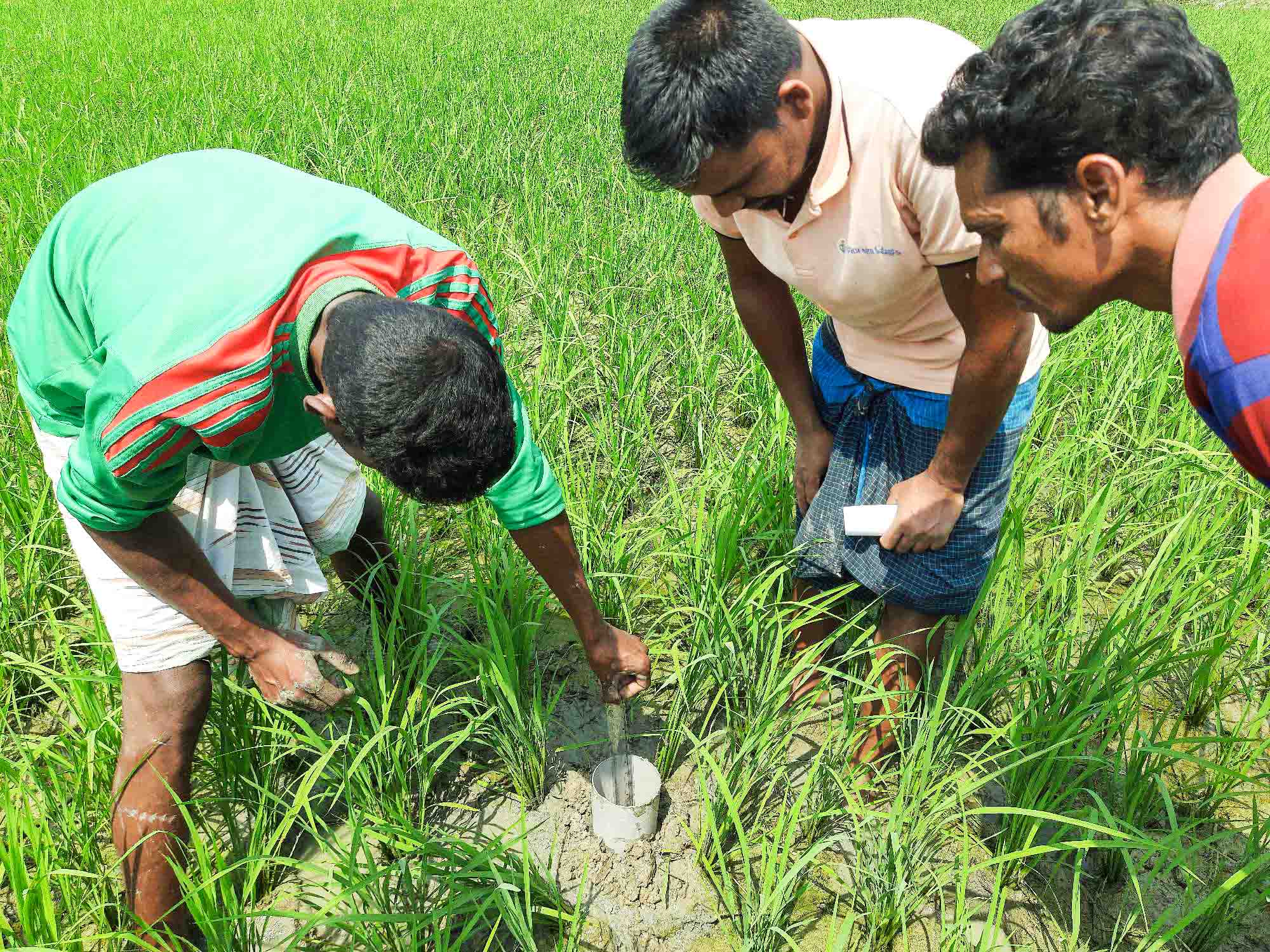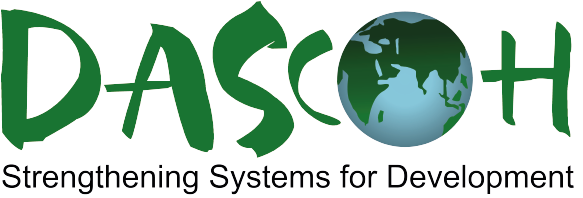
Title of the Project: Introducing Water Efficient Technologies to Barind Tract (IWET)
Project Implementation Period: 5 Years ( 14 Jan 2018 to 31 December 2023
Name of donor: The Coca-Cola Foundation through WBG
Project Areas:
Rajshahi district: Godagari and Tanore upazila
Chapainawanganj district: Nachole and Gomostapur upazila
Naogaon district: Bodolgachi, Mohadebpur, Porsha and Sapahar
Project type and goal: Introducing Water-Efficient Technologies in Barind Tract” (IWET) project has been designed in the context of Bangladesh Water Multi-Stakeholder Partnership (BWMSP) - Work Stream on Agriculture Water to overcome the following constraint. The key funding for this project is from The Coca-Cola Foundation.
Crops: Mango, Malta, Rice, Mustard and Vegetables production
Constrain:
*** In Barind Tract area of Bangladesh, ground water level is declining in every years and continuous groundwater extraction consequences desertification
**** Irrigation efficiency in Bangladesh is the lowest in South Asia, and the overall higher production cost makes agricultural produce uncompetitive
Objectives:
*** Reduce groundwater extraction and rationalize groundwater decline.
*** Increase livelihood opportunity for 20000 Barind farmers (including ultra-poor and marginal farmers) by ensuring a business case for greater groundwater sustainability over 3 years.
Strengthen institutional alignment in the Barind Tract, involving BW MSP (Agriculture Water Work stream and National Steering Board), BILT-MSP, BMDA / RDA, and other key stakeholders
Goal:
To enhance agro-water productivity, reducing groundwater extraction and increasing farmers’ income focusing on the water-stressed North-West region and especially the Barind Tract
Bangladesh is a densely populated country and its’ lives and livelihood completely depends on agriculture. The economy of the country is still driven by agriculture, but the agriculture is mostly dependent on irrigation. 93% of the total national water demand sources from agriculture, to a large extent for irrigation. About 75-78% of cultivated land is irrigated using groundwater. Furthermore, irrigation efficiency in Bangladesh is the lowest in South Asia, and the overall higher production cost makes agricultural produce uncompetitive. About 1.55 million shallow tube-wells, 36 thousand deep tube-wells and 170 thousand low lift pumps are used in Bangladesh for irrigation. Every year, diesel pumps consume 1 million tons of diesels worth $900 million. Fossil fuel being the prime energy source for lifting water, the link between energy for lifting groundwater and irrigation economics is very significant (Ref: Scoping study 2030 WRG).
Until recently, availability of groundwater was not perceived as a serious constraint. However, continuous decline of groundwater table, particularly in the high Barind and industrial areas due to over-abstraction and pollution of surface water pose a serious threat to sustainable access to water resources. Further, given the population growth and dietary changes, agricultural water demand is expected to increase by 46% by 2030. Climate change may further exacerbate the situation in terms of access to, and availability and quality of water. Given this context, improving water use efficiency and water productivity in agriculture is a critical issue that needs urgent attention for a sustainable agriculture.
In this context, a project named “Introducing Water Efficient Technology to Barind Tract (IWET)” has been designed with an aim is “To achieve significant farm productivity in a sustainable manner by introducing efficient irrigation and other relevant technologies and management practices by building farmers’ adaptive capacity and resilience and increase farmers’ income through crop diversification and gradual shift to high value, low water intensive crops”. The main objective of the project is “enhancing agro-water productivity, reducing ground-water extraction and increasing farmers’ income, focusing on the water-stressed North-West region and especially in the Barind Tract.
The IWET project is a joint venture project where DASCOH played role implementing project activities at field level while Syngenta Foundation for Sustainable Agriculture (SFSA) is providing technical support special on the technologies introduction and crop diversification. The BWP act as medioker for fund channeling and 2030 WRG of IFC have played an advisory and coordinating role with the sponsorship of Coca Cola Foundation.




